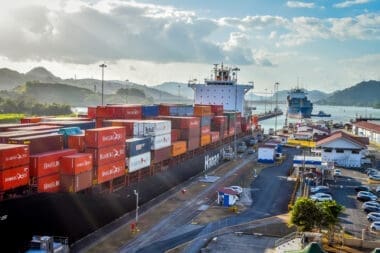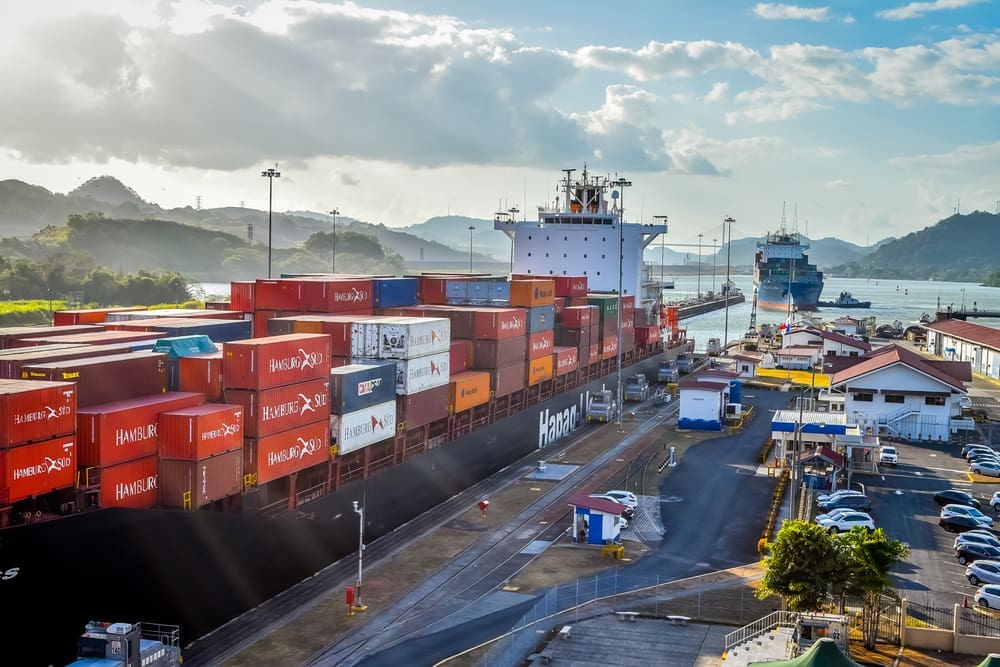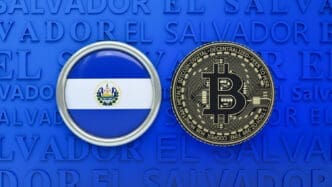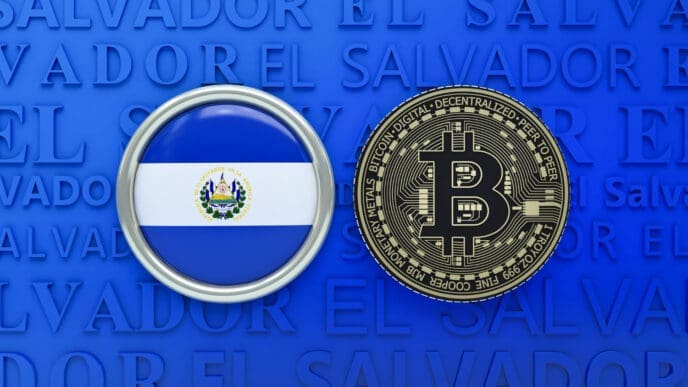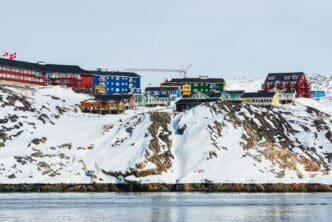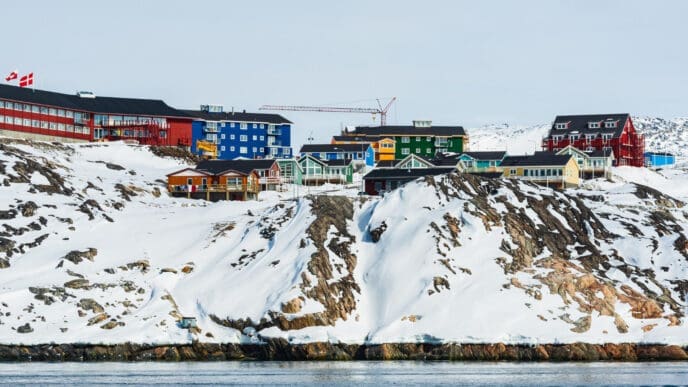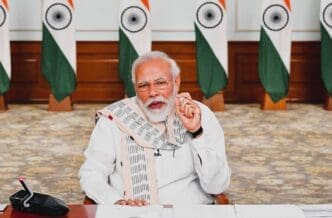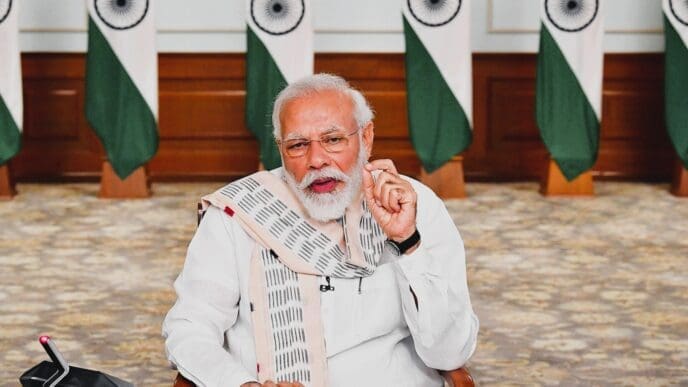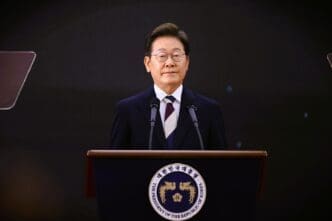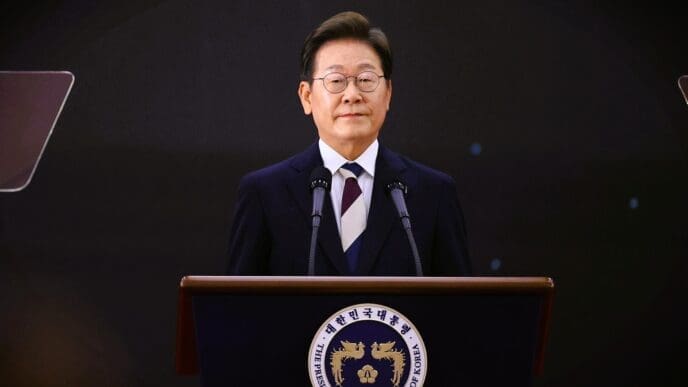Panama’s president recently took a firm stance against allegations from the U.S. regarding Chinese influence over the Panama Canal, instructing the foreign minister to avoid discussing the topic with U.S. Southern Command.
The U.S. embassy in Panama sparked controversy by stating that one of the discussion points for Admiral Alvin Holsey’s visit would be about safeguarding the canal from Chinese Communist Party influence. In contrast, China’s embassy in Panama refuted these claims, labeling them as ‘pure lies’ and denying any Chinese involvement in managing the canal.
Panama’s Foreign Minister Mulino expressed frustration at the continued allegations, suggesting there’s a fascination with speculating about China’s influence in Panama. He emphasized the importance of addressing actual mutual interests between Panama and the U.S. rather than unfounded allegations.
Mulino further noted that Panama is making efforts in Washington to reshape the narrative in news coverage and is actively lobbying to address these concerns. Admiral Holsey, during his visit, discussed the canal’s strategic importance with its administrator, highlighting ongoing U.S. apprehensions.
These concerns stem from a Hong Kong-based consortium managing port facilities at both ends of the canal, despite Panama’s assurances that the consortium’s contract is under audit. Additionally, a historical context underlines the U.S. interest, as it originally built the canal and handed over control to Panama in 1999 under a treaty signed by President Jimmy Carter.
The ongoing debate highlights underlying geopolitical tensions and strategic interests in the Panama Canal. Panama’s firm denial of U.S. allegations reflects its intent to maintain national sovereignty over this critical waterway amid complex international relationships.
